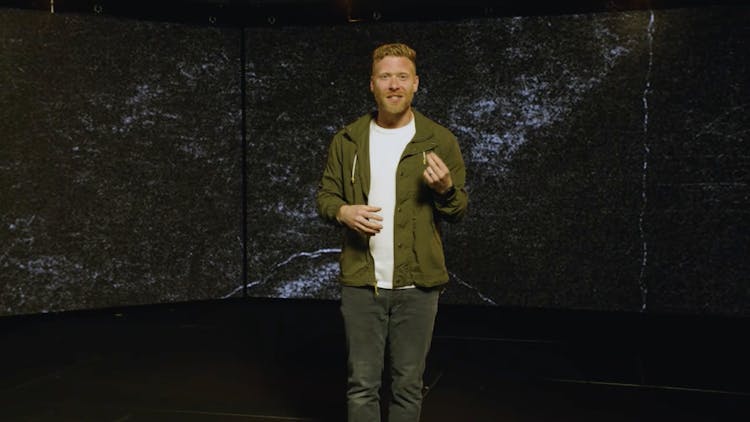Ariel is black now. And I couldn’t be happier about it.
Disney, running the gamut of recreating live-action versions of their classic animated films, recently announced that African American actress Halle Bailey has been cast in the lead role of The Little Mermaid. An iconic fictional character that looks like me? A Disney princess that children of color can relate to and see themselves in? I’m here for it.
Unfortunately, it didn’t take long for my joy to turn into tears. The backlash against the casting decision came quick. #NotMyAriel was trending online, with people taking potshots at Disney and Bailey. It was a painful reminder that increased diverse representation (especially in fiction) continues to make people in the majority feel like they have lost or are losing something.
For my entire life, I’ve had to use my imagination to see my brown skin, curly hair, and cultural traits in the books, movies, and media that I’ve consumed. I had to imagine that I was included, that I was seen, and that all of who I am was important enough to be included in the story. At it’s best, this was an exercise in developing imagination. At its worst, it was a not-so-subtle reminder that I wasn’t included, wanted or heard.
Nerd alert: I am a HUGE fan of young adult fantasy and sci-fi. The more fairies, werewolves, aliens or mermaids involved, the more I love it. Like every other reader, I use imagination to see myself in the stories I’m reading. How would I fight this antagonist? How would I overcome this obstacle? What feelings would I have in this moment? If you don’t imagine yourself as the character, you at least empathize with the character as you are immersed in their life and decisions.
I came to faith later in life, and for a long time, the Bible read like a bunch of fictional stories to me. I was able to do what I always did when reading—imagine myself in the stories. How terrified would I have been if I got swallowed by a whale? How triumphant and full of faith would I be if I slayed a giant with a slingshot? How seen would I feel if Jesus engaged me in conversation while I was drawing water from a well?
In each of the stories I mentioned above, there is a through-line of God reaching across cultural boundaries to pursue and rescue people. In the story of Jonah, God sends the prophet not to people like him, but to the ethnically despised city of Nineveh. In the story of David’s triumph over Goliath, God uses a culturally-looked-down-upon shepherd to win a battle he wasn’t even allowed to fight in. In the story of the woman at the well, Jesus brings freedom to a woman who was considered second class because of her gender and Samaritan race. And in each of those stories, God pulls the ignored and marginalized into his story. He gives them a role. And He is still doing that. He’s done it with me. And in some small way, that’s what I see Disney doing with the casting of Bailey. It’s beautiful. And whether the Mouse knows it or not, I’d argue it’s holy.
The Little Mermaid marks a major shift for Disney. It’s a decision to cast a person of color in a role that doesn’t require a person of color. It’s fighting against what audiences have been inadvertently taught since the dawn of cinema—that people of color are sidekicks, minor characters, relegated to the sidelines and roles that only they can play. So I applaud Disney for making this move. They took a fictional world, completely made up from a Danish fairytale, and added diversity to that imagination. It’s a move we could all stand to learn from.
All of this matters—young adult fantasy, stories in the Bible, black Ariel—because what we read and watch feeds our imagination. I believe stories help us dream BIG about who we can be, what we can accomplish, and what is most important in life. I even believe stories can introduce us to God. Story is exceedingly important, and shouldn’t be a place where diversity and inclusion continue to lag behind.
As silly as it may seem, re-imagined Ariel has given me hope. It’s a hope that children everywhere are getting a message I’ve struggled to believe the majority of my life—that they are seen and known, that they are included and valued. And ultimately, that they should dare to dream big about who they are and what they will become, no matter the color of their skin.











